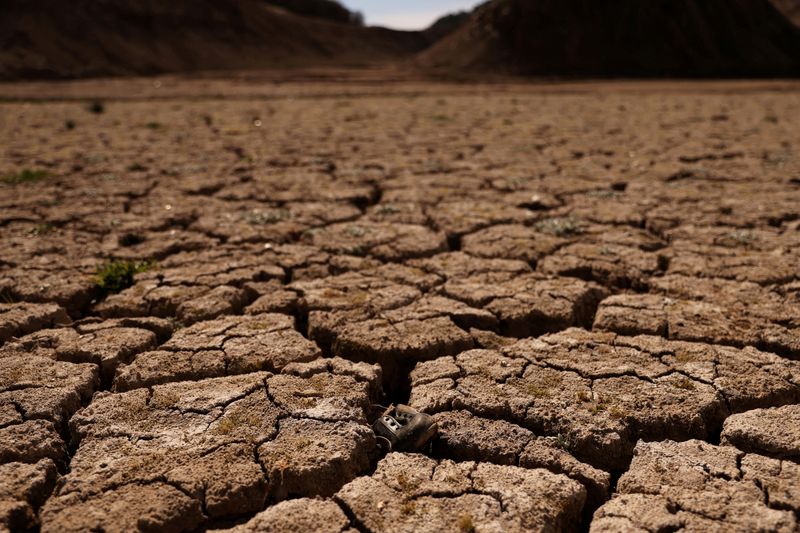By Isla Binnie
UNITED NATIONS (Reuters) -The United Nations used its first conference on water security in almost half a century on Wednesday to exhort governments to better manage one of humanity's shared resources.
A quarter of the world's population relies on unsafe drinking water while half lacks basic sanitation, the U.N. said. Meanwhile, nearly three quarters of recent disasters have been related to water.
"We are draining humanity's lifeblood through vampiric overconsumption and unsustainable use, and evaporating it through global heating," said U.N. Secretary General Antonio Guterres.
Ensuring access to clean drinking water and sanitation is part of the 17-point to-do list the U.N. has set for sustainable development, alongside ending hunger and poverty, achieving gender equality, and taking action on climate change.
The three-day conference beginning on Wednesday in New York is not intended to produce the kind of binding accord that emerged from climate meetings in Paris in 2015, or a framework like the one set for nature protection in Montreal in 2022.
Instead, the aim is for a "Water Action Agenda" that will contain voluntary commitments and create "political momentum".
The United States said it would invest $49 billion in water and sanitation at home and around the world.
U.S. Ambassador to the U.N. Linda Thomas-Greenfield said this money would "help create jobs, prevent conflicts, safeguard public health, reduce the risk of famine and hunger, and enable us to respond to climate change and natural disasters". She gave no timeline for the investments or details on how much money would be spent where.
Hundreds of action plans were sent to the U.N. before the conference started, but the World Resources Institute research group said that while "some commitments offer inspiration, more of them miss the mark", variously lacking funding or performance targets, or neglecting to address climate change.
WRI singled out two projects for praise: one to spend $21.2 million through 2029 on "climate-smart" agriculture and wetland restoration in the desertifying Niger River basin, and another from 1,729 companies that calculate they can make water-related investments worth $436 billion.
Scientists, economists and policy experts grouped together by the government of the Netherlands in the Global Commission on the Economics of Water recommended phasing out some $700 billion in agricultural and water subsidies, and facilitating partnerships between development finance institutions and private investors to improve water systems.
